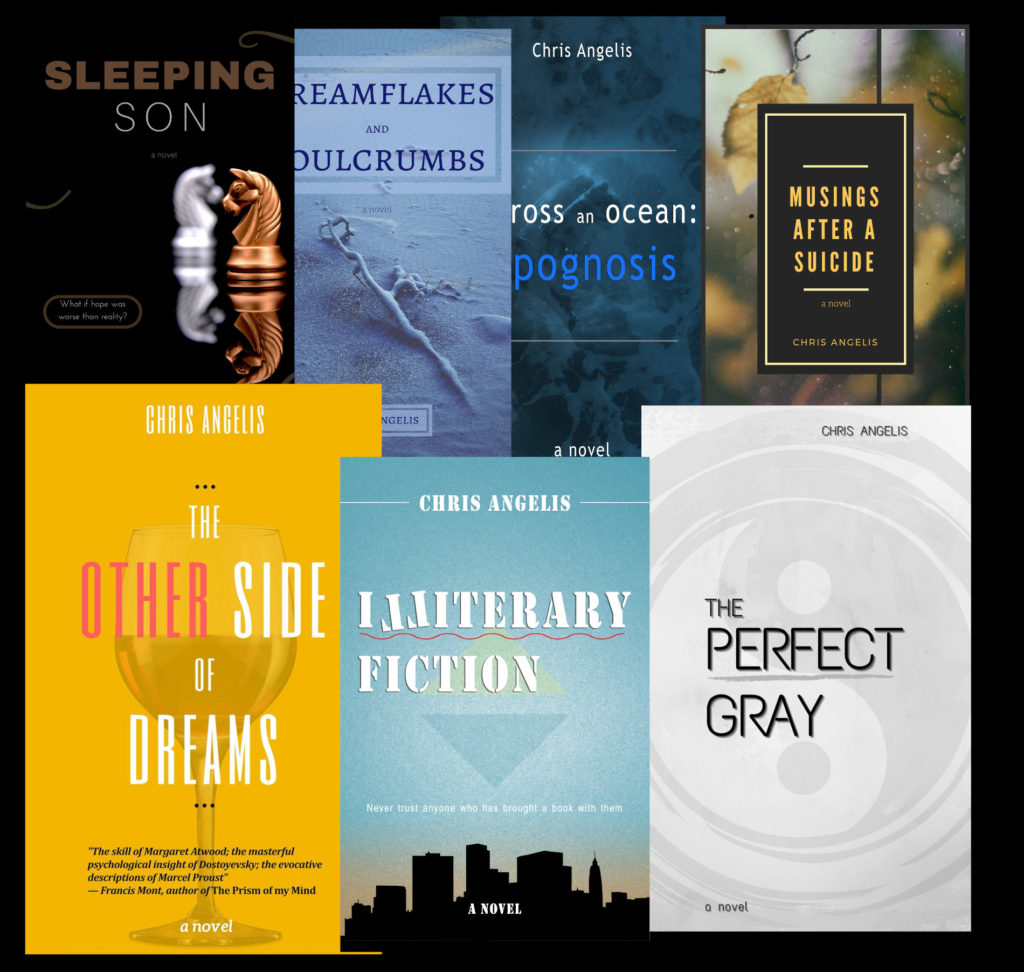There are many things troubling indie authors looking to self-publish, and one of them is undeniably how to make a book cover. More importantly, how to make a book cover that is both marketable and true to the art.
As you might have noticed from past posts, I have a pretty strong opinion regarding the balance between being a writer and being an artist. In a nutshell, I consider the two mutually exclusive, though in this imperfect world most of us try to find a balance between the two.
And making a book cover that supports your novel is definitely a matter of balance.
Should you go for aesthetic meaning or mere eye-catchiness? Should you prefer familiar, known solutions or something more unique, drawing attention? Perhaps the simpler the better?
We’ll take a look at these and much more in this post. I’ll share with you all I’ve learned about making a book cover that both serves its marketing purpose and respects your art. From book cover examples (drawing on my own painful experience) and ideas on how to proceed, to more general – dare I say, philosophical – problem points having to do with book covers, there’s certainly something interesting for you.
As a bonus, I’ll also share with you my most favorite book cover of all time!


